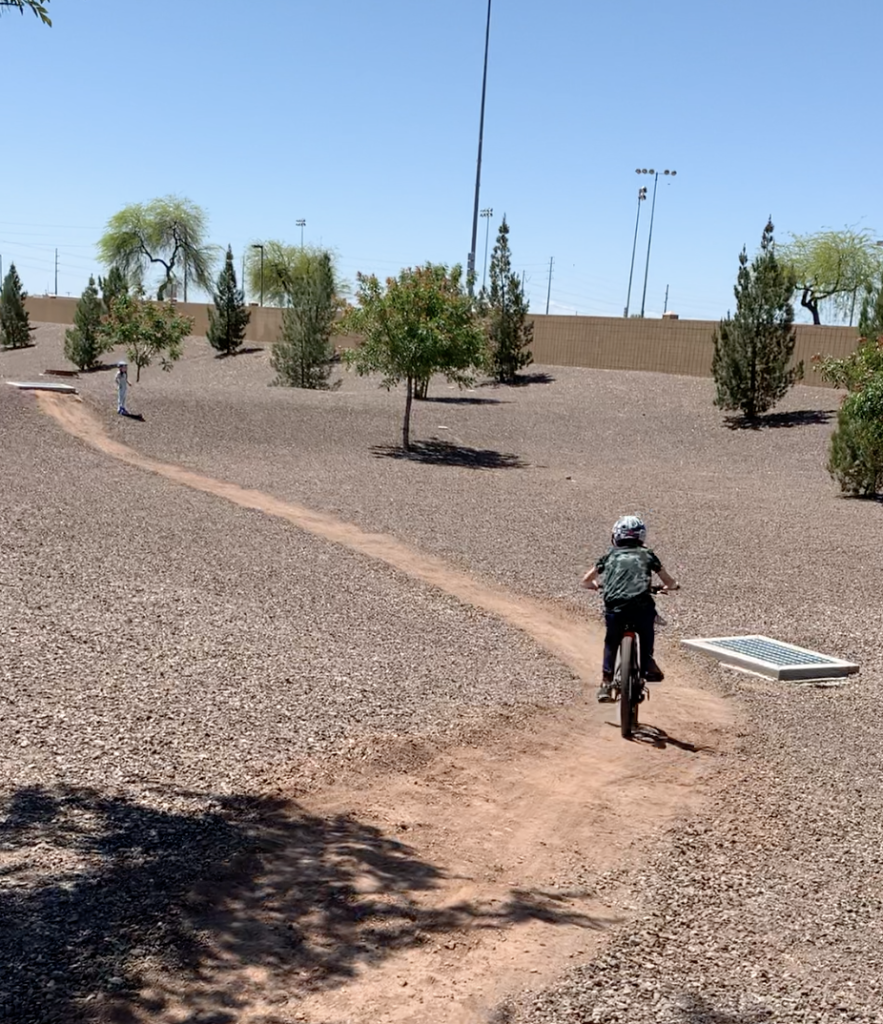We are in unprecedented times. In the midst of a global pandemic, Church hasn’t changed, but the way we do it has.
Recently, I’ve been asked what our plans for the upcoming season look like. Will we launch new groups in the same way we have before? Will we offer connection events? Will people want to enter a group leader’s home (that they don’t know) to interact with relative strangers?
Will chips and salsa ever make their return to small group life?
In times past, I have trained leaders to not stress over a perfectly clean house. Instead, I’ve encouraged them to invite people in to their lives, piles of old mail and all. This was a push for authenticity and vulnerability: don’t stuff the piles of mail or your struggles under the bed.
But now, where masks are becoming the norm, hand sanitizers expected, and cleanliness not just a value for some but a necessity for most, we find ourselves as groups pastors in unprecedented times.
So what do we do?
I’d love to give you the neat and easy steps to ensuring a group’s success, or the hard-and-fast “you must do this to launch new groups in your context” kind of post. Unfortunately, we don’t have that luxury. And whether you’re a small business owner, a public school teacher, a nurse, a stay-at-home-dad, or a pastor, you know this to be true. And anyone who tells you otherwise is either lying to you or trying to sell you something.
As always, I’ve found the Scriptures to be an amazing guide. They don’t always tell us every single step to take. But they show us the path, and teach us how to walk on it. Check this out:
Trust in the Lord with all your heart
and lean not on your own understanding;
in all your ways submit to him,
and he will make your paths straight. – Proverbs 3:5-6
I’ve read this thousands of times. But in light of our current season, I find a renewed hope here. What’s the best next step for you to take?
Trust in the Lord. With all of your heart. We’re prone to leaning on our own understanding, which is oftentimes gained from years of experience. And when we do that, sometimes we “win” and sometimes we “lose.” But what happens when we “trust in the Lord”?
Sometimes we “win” and sometimes we “lose.”
But there’s a much different outcome when we trust in the Lord. Even when we “lose,” our paths are made straight.
My kids love to ride their bikes in our neighborhood, and at the end of our road there’s a gravel drainage area. It’s basically a basin, with a downward-sloping hill on all 4 sides: the perfect place to ride a bike. But riding across crushed granite doesn’t net you the kind of speed you want as an 11-year-old boy. So my kids got to work, moving rocks and dirt to the side in order to make a path. It was hard work. And it took them a long time. But the result was something they were really proud of. “Dad,” my son said with a puffed out chest. “Come check out what we’ve done.”

The Hebrew word for “straight” in this passage denotes the clearing of a road, to make it safe. Everybody loves a straight path, but not everyone wants to go through the painstaking process it takes for that path to be made straight.
The painstaking process begins with trust. Not a blind trust that runs head-first off a cliff. But a trust that takes one step at a time down a path that’s being made straight. The path that proves the One that’s carving it out is worth being trusted.
So what should you do as a business owner this next season? Trust in God. Then take a step.
What should you do as a pastor? Trust in God. Then take a step.
As a single person? Trust in God. Then take a step.
As a small groups pastor that is uncertain what the future of groups will look like? Trust. In. God. Then take a step.
As we’re all in a season of exploring uncertainty together, may our first step not be giving glib “do this” answers. But may we, despite our callings, start with trust.

